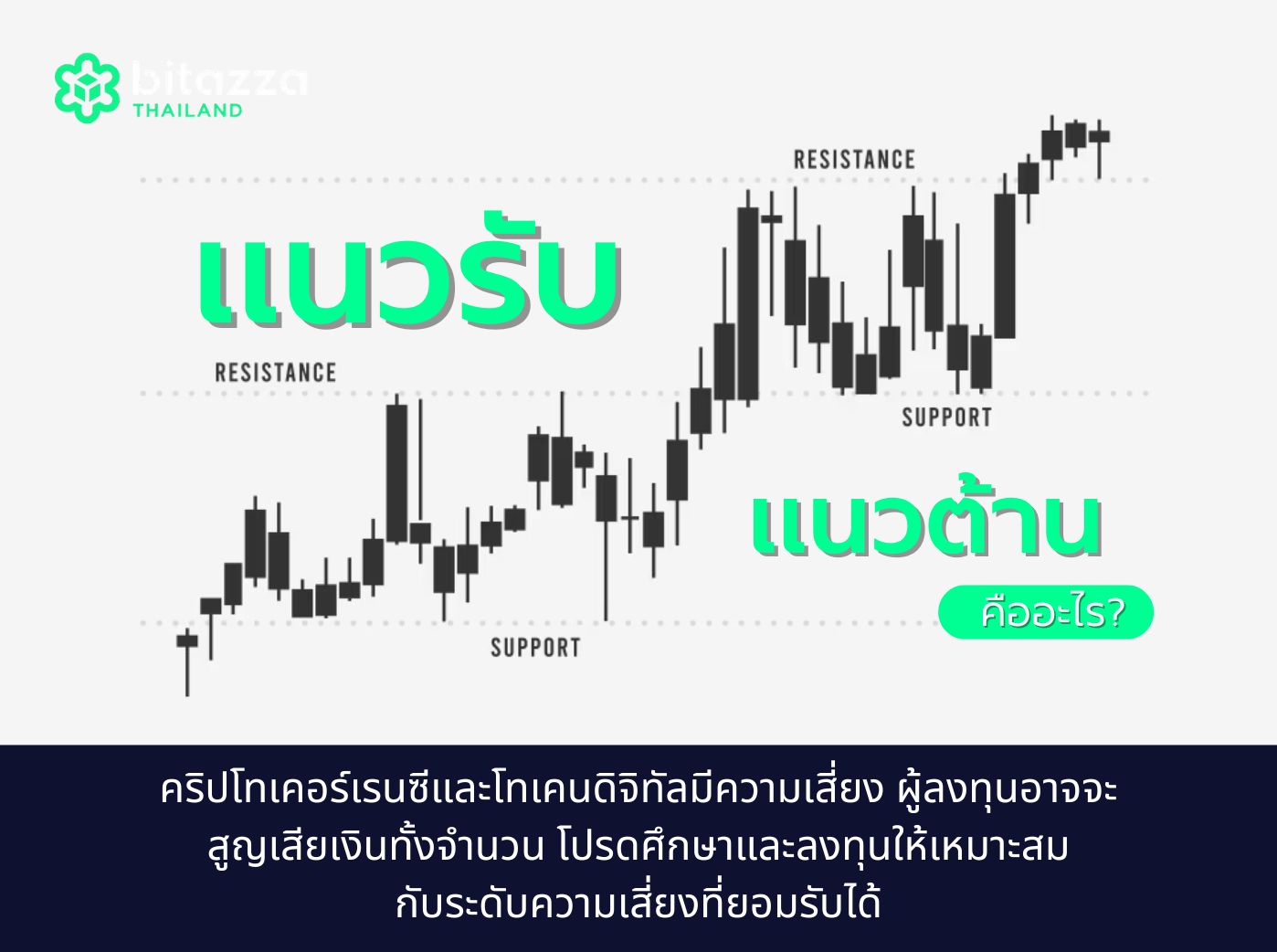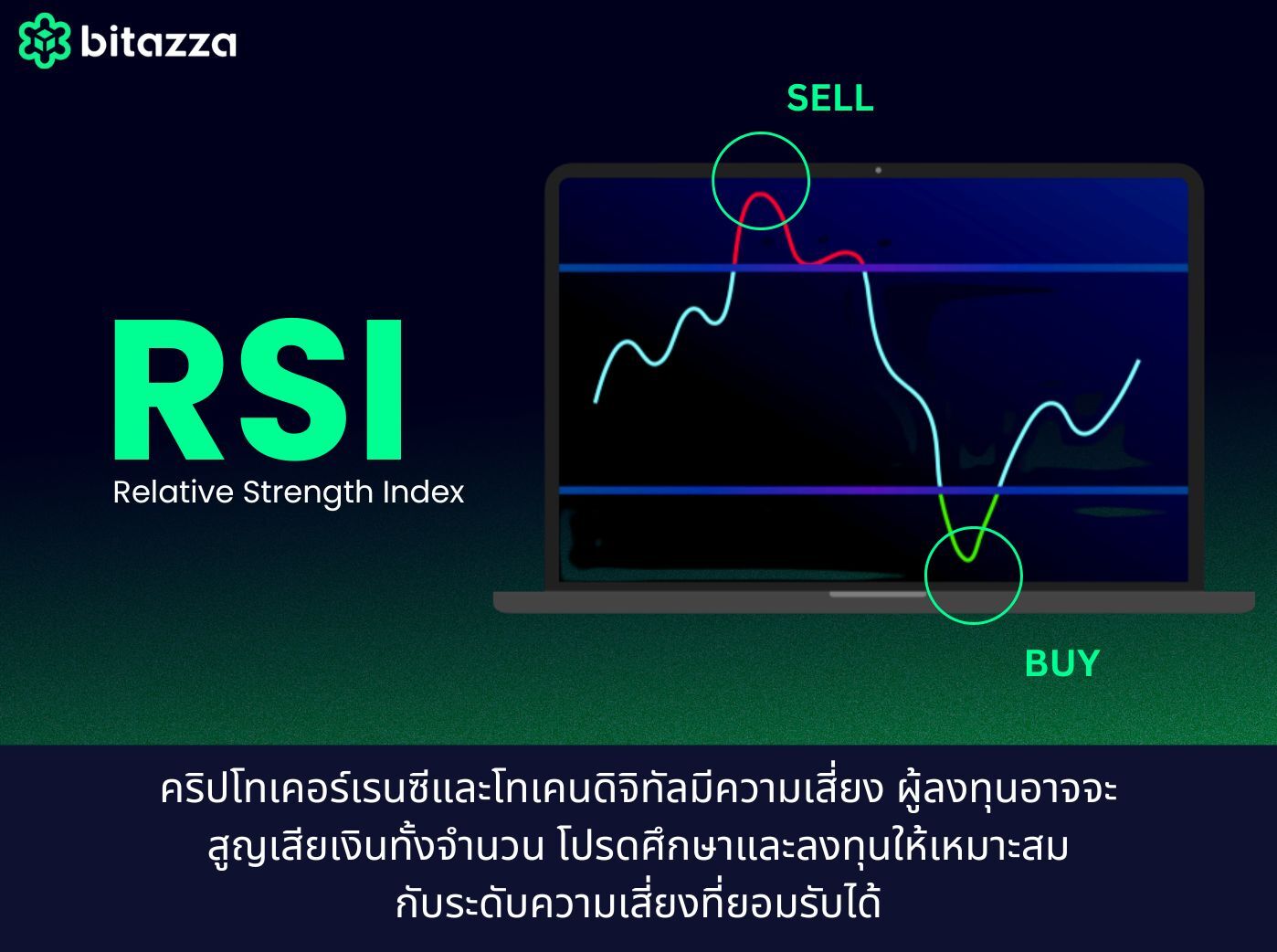Share this
The Importance of Private Keys and How to Store Them Securely

In the world of cryptocurrency, private keys are the backbone of security and ownership. Losing your private key means losing access to your funds, while exposing it puts your digital assets at serious risk. Understanding their significance and adopting secure storage practices is crucial for anyone navigating the crypto space.
At Bitazza Thailand, we believe in empowering our users with the knowledge and tools needed to safeguard their digital assets. Knowing how to manage and store your private keys securely is essential in an era where crypto security threats are constantly evolving.
What Is a Private Key?
A private key is a unique, randomly generated string of alphanumeric characters that grants access to your cryptocurrency holdings. It acts as a digital signature, allowing you to send and control your assets securely. Without your private key, you cannot access or transfer your funds.
Public Key vs. Private Key
Private keys are paired with public keys, which are derived from the private key using cryptographic algorithms. While public keys function as wallet addresses that can be shared openly, private keys must always remain confidential.
Although public and private keys are mathematically linked, reversing a public key to uncover the private key is virtually impossible due to strong encryption. This encryption ensures that your assets remain secure.
Why Private Keys Matter
Private keys are essential because they:
- Grant ownership and control – Possessing your private key proves that you own the funds in the corresponding wallet.
- Ensure security – Strong cryptographic algorithms make unauthorized access extremely difficult.
- Are irreversible – If compromised, stolen funds cannot be recovered, as blockchain transactions are immutable.
For these reasons, securing your private keys should be a top priority.
Secure Storage Options for Private Keys
Given the critical role private keys play in protecting your assets, choosing the right storage method is vital. Here are some effective ways to keep your keys safe:
- Hardware Wallets (Cold Storage)
Hardware wallets like Ledger and Trezor store private keys offline, protecting them from cyber threats such as hacking and phishing attacks. Since these devices require physical access to authorize transactions, they are one of the most secure options for long-term storage.
- Paper Wallets
A paper wallet involves printing your private key and public address on paper. While this eliminates online risks, paper wallets can be easily lost, damaged, or stolen. For added protection, consider laminating your paper wallet and storing it in a fireproof safe or safety deposit box.
- Multi-Signature (Multi-Sig) Wallets
Multi-signature wallets require multiple private keys to authorize transactions. This adds an extra layer of security and is ideal for businesses or individuals seeking greater protection against theft or fraud. Multi-sig wallets reduce the risk of a single point of failure.
- Password Managers
Encrypted password managers like 1Password or Bitwarden can securely store your private keys behind strong authentication measures. This method is particularly useful for managing multiple keys or wallets.
- Split Key Storage
Split key storage involves dividing a private key into multiple fragments and storing them in different secure locations. Only when all parts are combined can the full private key be reconstructed, reducing the risk of a single point of compromise.
Best Practices for Storing Private Keys
To further enhance security, follow these best practices:
- Backup Regularly – Store backups in multiple secure locations, such as a fireproof safe or a bank safety deposit box.
- Use Strong Passwords – If storing keys digitally, use unique and complex passwords that cannot be easily guessed.
- Enable Two-Factor Authentication (2FA) – Adding 2FA to your accounts and digital storage solutions provides an extra layer of protection.
- Avoid Cloud Storage – Never store private keys on cloud platforms like Google Drive or Dropbox, as they are vulnerable to hacking.
- Stay Updated – Regularly update your wallets and security protocols to stay ahead of new threats.
You can purchase a hardware wallet to securely protect your digital assets at
Key Takeaway
Your private keys are the gateway to your digital assets. By understanding their importance and implementing robust security measures, you can reduce the risk of loss or theft.
In the decentralized world of cryptocurrency, security is a personal responsibility — so take charge of your keys and safeguard your financial future.
Stay secure. Stay in control.
*Cryptocurrencies and digital tokens involve high risks; investors may lose all investment money and should study information carefully and make investments according to their own risk profile.
Share this
- February 2026 (6)
- January 2026 (8)
- December 2025 (15)
- November 2025 (5)
- October 2025 (13)
- September 2025 (9)
- August 2025 (12)
- July 2025 (19)
- June 2025 (11)
- May 2025 (11)
- April 2025 (15)
- March 2025 (11)
- February 2025 (15)
- January 2025 (9)
- December 2024 (10)
- November 2024 (8)
- October 2024 (9)
- September 2024 (7)
- August 2024 (16)
- July 2024 (3)
- June 2024 (46)
Subscribe by email

SSF คืออะไร อัปเดตเงื่อนไขล่าสุด พร้อมกลยุทธ์ลงทุนลดหย่อนภาษีให้คุ้มค่า

แนวรับ แนวต้าน คืออะไร? เทคนิคดูกราฟราคาสำหรับนักเทรดมือใหม่

Fibonacci คืออะไร เครื่องมือวิเคราะห์กราฟที่นักลงทุนคริปโตนิยมใช้

Stop Loss คืออะไร? กลยุทธ์ตัดขาดทุนที่สำคัญที่สุดในการรักษาพอร์ตให้รอด

RSI คืออะไร? เทคนิคอ่านกราฟหาจุดกลับตัวและสัญญาณซื้อขายฉบับเข้าใจง่าย

Slippage คืออะไร? รู้ไว้เทรดคริปโตไม่มีขาดทุน

Altcoin คืออะไร รวมทุกเรื่องที่นักลงทุนคริปโตควรรู้เกี่ยวกับเหรียญทางเลือก

Goldman Sachs ลด BTC และลงทุนเพิ่มใน XRP และ SOL

บิทคอยน์ เล่นยังไง? คู่มือสำหรับมือใหม่ ตั้งแต่เปิดบัญชีจนถึงทำกำไร

